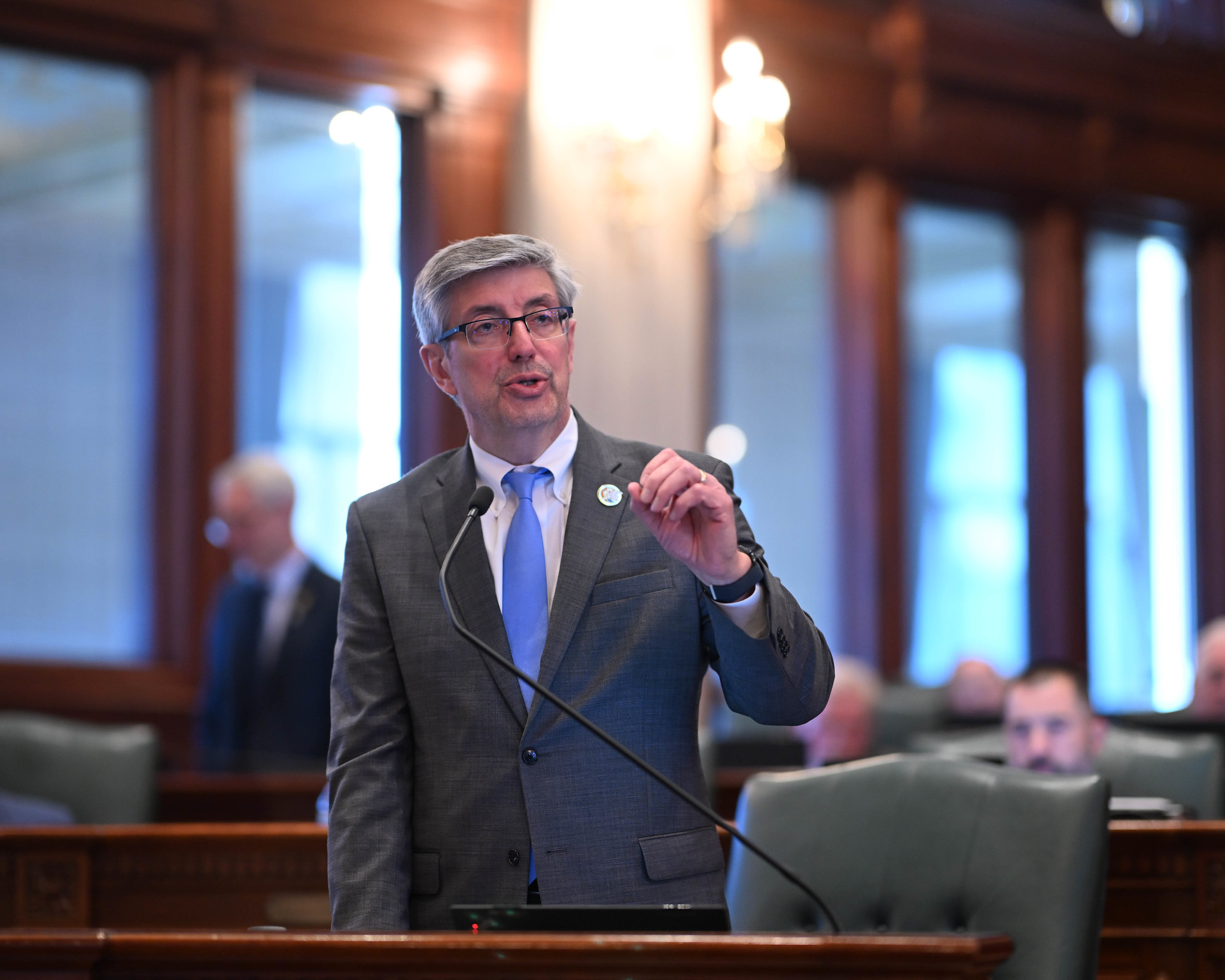There has been much in the news lately about a pension bill passed by the General Assembly and sent to the Governor – HB3657. This bill passed both chambers without a single no vote. While there is good reason to be concerned about pensions in Illinois, I believe that this time the critics are looking to save the taxpayers money in the wrong place.
Let’s start by being clear about what the bill does. It puts Tier II Chicago Police and Fire Pensions at the same level as firefighters and policemen in the downstate pension system. Nothing more. Is there a cost, yes; but some of the critics are exaggerating the costs by providing you with the ultimate payout information (which is higher) than the actual cost of the bill, which can be done by using present-day values. Next, why then do I say some are looking to save money in the wrong places?
To start, let’s recall to whom we are giving a minor increase in pensions – Chicago police officers and firefighters. Since 2020, these two groups have been some of the most beleaguered employees in the state. The police have faced numerous challenges in performing their jobs, which is to protect the citizens of Illinois, for almost a decade, and especially since the Democrats passed the SAFE-T Act. Furthermore, these are men and women who perform a job, day in and day out, that most of us would not think of doing – putting themselves at risk to protect others and their property.
Also, we need to remember that Tier II pensions for police and fire are much more affordable than Tier I and not extravagant. In fact, there is currently a debate in Springfield as to whether Tier II pensions are going to pay enough to meet the Social Security Safe Harbor threshold (under Federal law, pensions must pay at least as much as Social Security). The answer is not clear and likely will not be clear until sometime in the future.
So, from where should these savings come? The answer is, unfortunately, not difficult to find. There are many other places where it makes sense for Illinoisans, in particular Chicagoans, to save money/taxes, starting with a bill I filed, HB9. This bill would provide property tax relief to all Illinoisans while ensuring we do not fall further behind on pension payments. The bill requires the state to set aside 25% of the budget (which can be realistically done), pay its statutory obligation for pensions, and send the rest to the school districts; then, for every dollar the district receives, it must lower its property tax levy on a dollar-for-dollar basis. In this fiscal year alone, HB9 would have lowered property taxes, which affect all Illinoisans whether you own property or not, approximately $2.8 Billion. The estimated savings over 21 years is nearly $82.4 billion.
There are many other ways to save money as well, but in keeping with schools, more savings can be found for both state and local governments. Currently, under the Evidence Based Funding Formula, the state gives local school districts an extra $350 million every year with the hope of improving educational outcomes. However, the evidence is clear – it does not work. Despite increases for eight years, test scores are not improving, and our children are falling behind. More money is clearly not the answer. Instead, we should look at options such as school choice, where states that have embraced this policy are improving outcomes. In addition, Chicago could save money on taxes by right-sizing their schools. Chicago has numerous schools built to house many more students than they are used to educate, in some instances, ten times as many. By consolidating schools, savings could be realized from both operational expenses and fewer administration and staff.
Furthermore, the state, municipal, and local governments could save money on simple items like workers’ compensation and civil litigation reforms; nothing draconian, but enough to save taxpayer dollars while still protecting and providing for our citizens and our workers.
In addition to those listed above, there are more ways to save money in Illinois that do not involve skimping on reasonable benefits after 30 years on the job to those who perform duties most of us would never consider doing in order to protect us and our property. We need those individuals who are willing to do those jobs if we are to succeed as a state. If we enact the cost-saving measures above, as well as make some other common-sense reforms, the taxpayers will not only save more money than they will on the change to police and fire pensions in Chicago in HB3657, but we will also start Chicago and Illinois on the path to Illinoisans’ greatest tax savings – real economic growth. Because when Chicago and Illinois start growing at a good pace again, we will see an expanded tax base that spreads the tax burden to more people and businesses, thereby lowering taxes and bringing much needed prosperity to Chicago and all of Illinois – making this adjustment to Tier II pensions an afterthought. We just need to start looking in the right places to save money.
